Joining us for Action 2020 at Yale University on July 17-18, 2013?
Actions led by business to achieve one or more societal or planetary goal in the Action 2020 framework will be assisted and scaled up through collaboration with industry peers, academic experts, and government representatives. Action 2020 organizers at the Yale Center for Business and Environment have assembled an esteemed group of colleagues to join us at Yale University, each committed to helping us understand the complexities of our efforts and continue driving to action. See a few standouts below, and visit our website to learn more.
Paul Anastas
 Paul T. Anastas is the Teresa and H. John Heinz III Professor in the Practice of Chemistry for the Environment. He has appointments in the School of Forestry and Environmental Studies, Department of Chemistry, and Department of Chemical Engineering. In addition, Prof. Anastas serves as the Director of the Center for Green Chemistry and Green Engineering at Yale.
Paul T. Anastas is the Teresa and H. John Heinz III Professor in the Practice of Chemistry for the Environment. He has appointments in the School of Forestry and Environmental Studies, Department of Chemistry, and Department of Chemical Engineering. In addition, Prof. Anastas serves as the Director of the Center for Green Chemistry and Green Engineering at Yale.
Anastas took public service leave from Yale to serve as the Assistant Administrator for the US Environmental Protection Agency and the Agency Science Advisor from 2009-2012. From 2004 -2006, Paul Anastas served as Director of the ACS Green Chemistry Institute in Washington, D.C. He was previously the Assistant Director for the Environment in the White House Office of Science and Technology Policy where he worked from 1999-2004. He is credited with establishing the field of green chemistry during his time working for the U.S. Environmental Protection Agency as the Chief of the Industrial Chemistry Branch and as the Director of the U.S. Green Chemistry Program.
John Bradburn
 John is manager of waste-reduction efforts at General Motors. In this role, he leads the company's landfill-free initiative, which has resulted in 99 GM operations around the world that reuse, recycle, and convert to energy all wastes from daily operations. John is an established expert in waste reduction and recycling, and frequently mentors other companies pursuing zero-waste goals. John's responsibilities also include directing the company's design-for-the-environment program, implementing sustainable processes and technologies that reduce the company's environmental impact and costs.
John is manager of waste-reduction efforts at General Motors. In this role, he leads the company's landfill-free initiative, which has resulted in 99 GM operations around the world that reuse, recycle, and convert to energy all wastes from daily operations. John is an established expert in waste reduction and recycling, and frequently mentors other companies pursuing zero-waste goals. John's responsibilities also include directing the company's design-for-the-environment program, implementing sustainable processes and technologies that reduce the company's environmental impact and costs.
He collaborates with suppliers, product and manufacturing engineers, and external stakeholder groups. Under John's leadership, GM recycled or reused 90 percent of waste generated globally through various resource conservation efforts in 2011. Between 2000 and 2010, the company reduced non-recycled manufacturing waste by 73 percent.
Marian Chertow
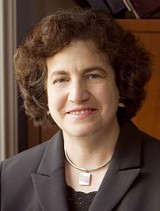 Marian Chertow is Associate Professor of Industrial Environmental Management and has been Director of the Industrial Environmental Management Program at the Yale School of Forestry and Environmental Studies since 1991. Her research and teaching focus on industrial ecology, business/environment issues, waste management, and environmental technology innovation. Primary research interests are 1) The study of industrial symbiosis including geographically-based exchanges of wastes, materials, energy, and water within networks of businesses. 2) The potential of industrial ecology to underpin ideas of the proposed Circular Economy law in China. 3) The application of innovation theory to the development of environmental and energy technology.
Marian Chertow is Associate Professor of Industrial Environmental Management and has been Director of the Industrial Environmental Management Program at the Yale School of Forestry and Environmental Studies since 1991. Her research and teaching focus on industrial ecology, business/environment issues, waste management, and environmental technology innovation. Primary research interests are 1) The study of industrial symbiosis including geographically-based exchanges of wastes, materials, energy, and water within networks of businesses. 2) The potential of industrial ecology to underpin ideas of the proposed Circular Economy law in China. 3) The application of innovation theory to the development of environmental and energy technology.
Prior to Yale, Marian spent ten years in environmental business and state and local government including service as President of the Connecticut Resources Recovery Authority charged with developing a billion dollar waste infrastructure system for the state. She is a frequent international lecturer and has testified on waste, recycling and other environmental issues before committees of the U.S. Senate and House of Representatives.
Richard Kidd
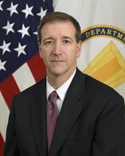 Richard Kidd became the Deputy Assistant Secretary of the Army (Energy & Sustainability) on October 25, 2010. This is his third assignment as a Senior Executive within the Federal Government. In this position he is responsible for overall program direction, establishment of policies, development and refinement of strategies, and oversight for implementation of all programs and initiatives related to Energy Security and Sustainability within the Army. As the Army's Senior Energy Executive, Mr. Kidd coordinates and integrates both installation and operational energy programs and strategies.
Richard Kidd became the Deputy Assistant Secretary of the Army (Energy & Sustainability) on October 25, 2010. This is his third assignment as a Senior Executive within the Federal Government. In this position he is responsible for overall program direction, establishment of policies, development and refinement of strategies, and oversight for implementation of all programs and initiatives related to Energy Security and Sustainability within the Army. As the Army's Senior Energy Executive, Mr. Kidd coordinates and integrates both installation and operational energy programs and strategies.
Mr. Kidd graduated from the United States Military Academy in 1986 and served as an Infantry Officer until 1991. After receiving a Masters Degree in Public and Private Management from Yale University, he joined the United Nations in 1993 and served in a variety of international assignments, principally in war affected regions of the world.
Anthony Leiserowitz
 Anthony Leiserowitz, Ph.D. is Director of the Yale Project on Climate Change Communication and a Research Scientist at the School of Forestry and Environmental Studies at Yale University. He is a widely recognized expert on American and international public opinion on global warming, including public perception of climate change risks, support and opposition for climate policies, and willingness to make individual behavioral change.
Anthony Leiserowitz, Ph.D. is Director of the Yale Project on Climate Change Communication and a Research Scientist at the School of Forestry and Environmental Studies at Yale University. He is a widely recognized expert on American and international public opinion on global warming, including public perception of climate change risks, support and opposition for climate policies, and willingness to make individual behavioral change.
His research investigates the psychological, cultural, political, and geographic factors that drive public environmental perception and behavior. He has conducted survey, experimental, and field research at scales ranging from the global to the local, including international studies, the United States, individual states, municipalities, and with the Inupiaq Eskimo of Northwest Alaska. He also conducted the first empirical assessment of worldwide public values, attitudes, and behaviors regarding global sustainability, including environmental protection, economic growth, and human development.
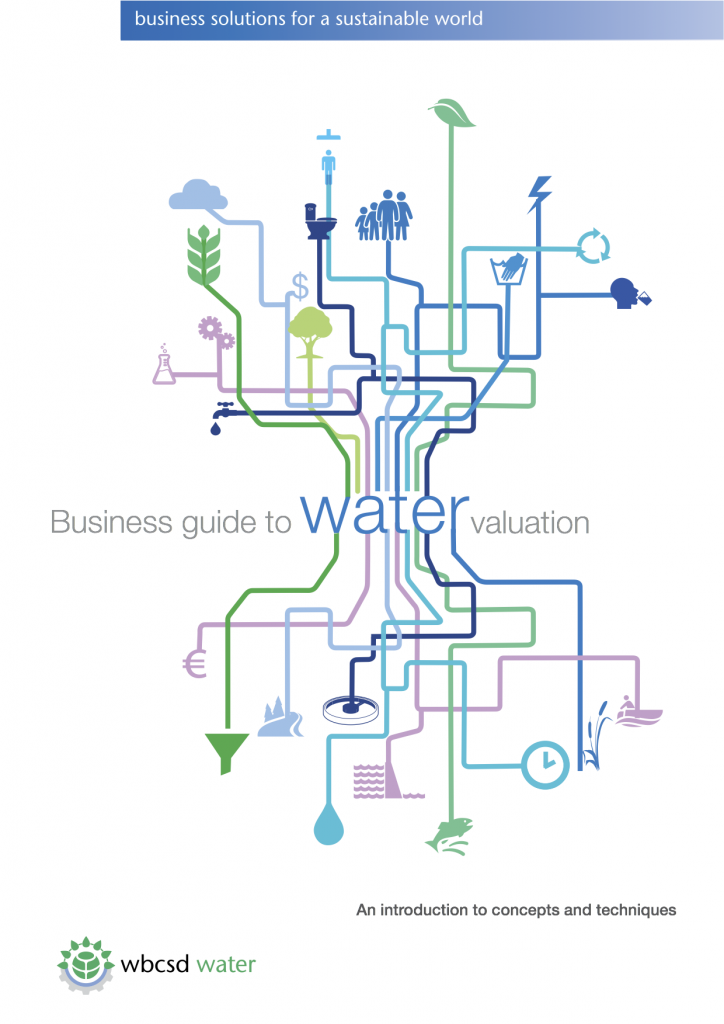 The WBSCD has launched a Business guide to water valuation in recognition of the difficulty businesses face in accurately measuring the importance of water. This new publication aims to provide business guidance on how to assess the value of water to their operations but also to society as a whole. Better valuing water can in fact help companies better manage water, thus reduce water stress and ensure the sustainability of their future operations. The guide shares best practices concepts and techniques to help managers commission, manage and review water valuation studies, and make the best use of the findings.
It draws upon 25 business-related valuation cases that demonstrate how water valuation can be used to reach different goals, and that illustrate the valuation concepts and techniques. Peter Bakker, President, WBCSD said,
The WBSCD has launched a Business guide to water valuation in recognition of the difficulty businesses face in accurately measuring the importance of water. This new publication aims to provide business guidance on how to assess the value of water to their operations but also to society as a whole. Better valuing water can in fact help companies better manage water, thus reduce water stress and ensure the sustainability of their future operations. The guide shares best practices concepts and techniques to help managers commission, manage and review water valuation studies, and make the best use of the findings.
It draws upon 25 business-related valuation cases that demonstrate how water valuation can be used to reach different goals, and that illustrate the valuation concepts and techniques. Peter Bakker, President, WBCSD said,

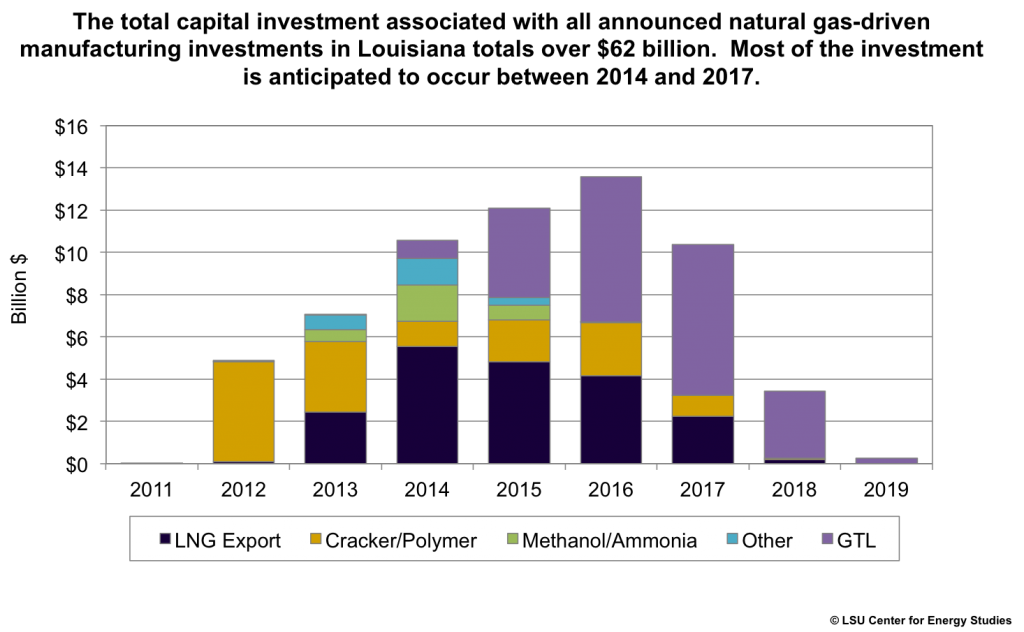
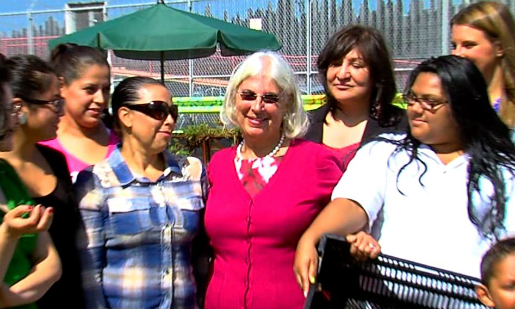
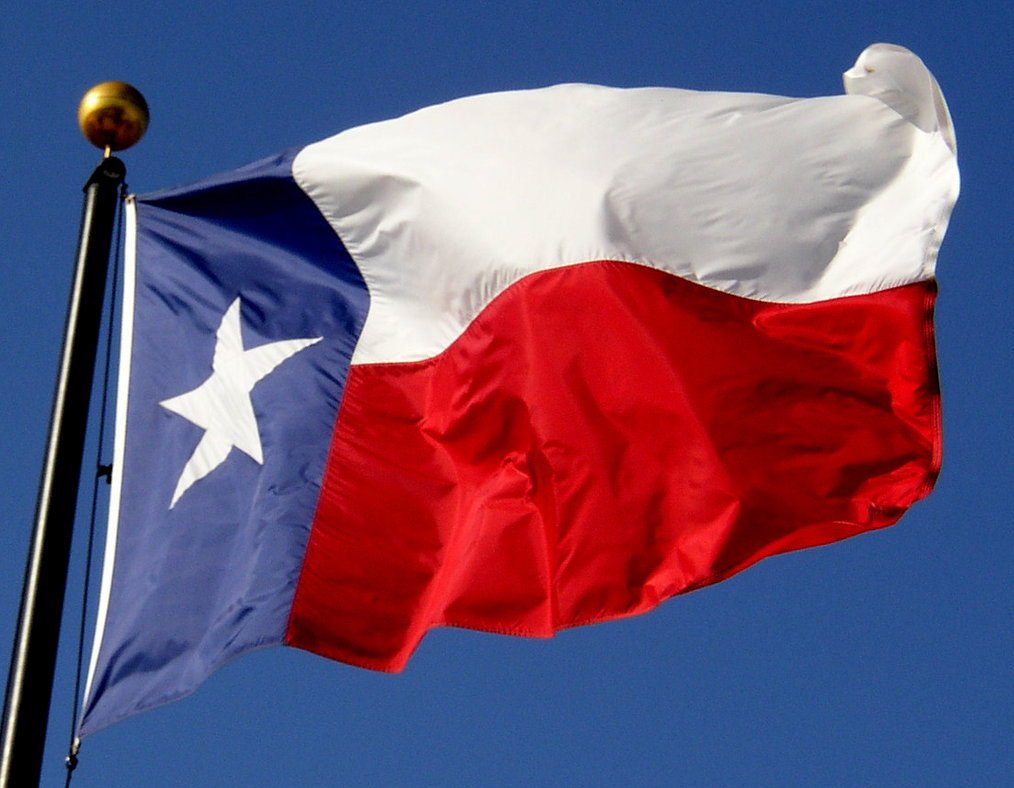 The Texas PACE Act places emphasis on energy and water saving retrofits in industrial and commercial properties, effectively incentivizing some of the largest energy consumers in the country to reduce their consumption. Texas consumes more electricity than any other state, and industry accounts for almost half of that energy use, according to the United States Energy Information Administration.
The Texas PACE Act places emphasis on energy and water saving retrofits in industrial and commercial properties, effectively incentivizing some of the largest energy consumers in the country to reduce their consumption. Texas consumes more electricity than any other state, and industry accounts for almost half of that energy use, according to the United States Energy Information Administration.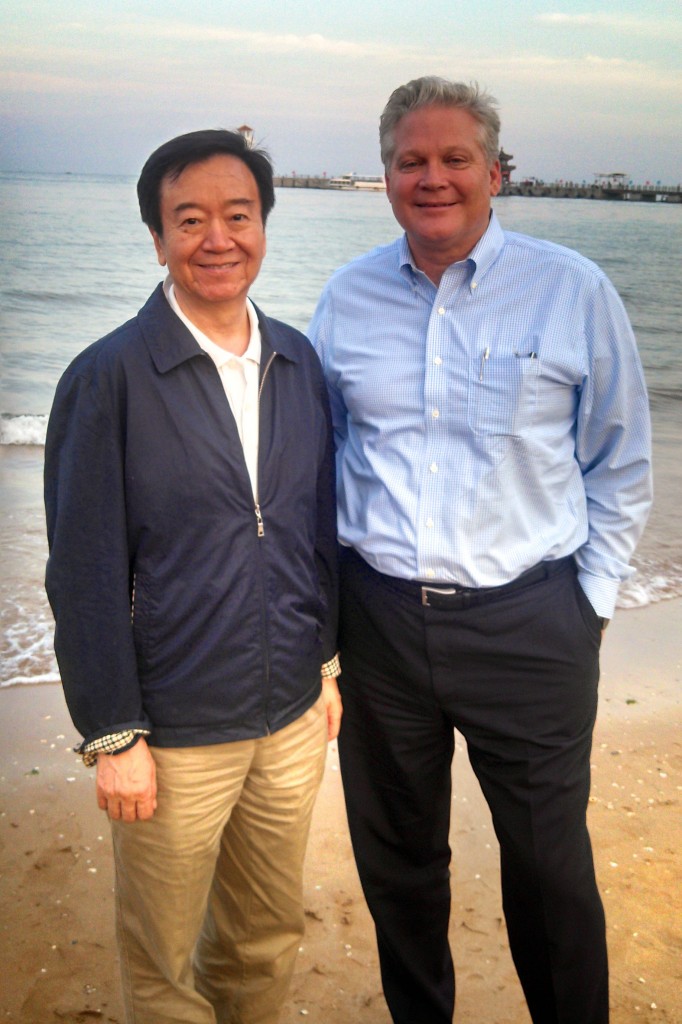 Andy Mangan, US BCSD Executive Director, is in China this week meeting with China Business Council for Sustainable Development staff, member companies, and government representatives working on the
Andy Mangan, US BCSD Executive Director, is in China this week meeting with China Business Council for Sustainable Development staff, member companies, and government representatives working on the 
 The US BCSD is headquartered in beautiful Austin, TX, and we're happy to have some wonderful friends and colleagues around the city. If you're in Central Texas, join
The US BCSD is headquartered in beautiful Austin, TX, and we're happy to have some wonderful friends and colleagues around the city. If you're in Central Texas, join  Paul T. Anastas is the Teresa and H. John Heinz III Professor in the Practice of Chemistry for the Environment. He has appointments in the School of Forestry and Environmental Studies, Department of Chemistry, and Department of Chemical Engineering. In addition, Prof. Anastas serves as the Director of the Center for Green Chemistry and Green Engineering at Yale.
Paul T. Anastas is the Teresa and H. John Heinz III Professor in the Practice of Chemistry for the Environment. He has appointments in the School of Forestry and Environmental Studies, Department of Chemistry, and Department of Chemical Engineering. In addition, Prof. Anastas serves as the Director of the Center for Green Chemistry and Green Engineering at Yale. John is manager of waste-reduction efforts at General Motors. In this role, he leads the company's landfill-free initiative, which has resulted in 99 GM operations around the world that reuse, recycle, and convert to energy all wastes from daily operations. John is an established expert in waste reduction and recycling, and frequently mentors other companies pursuing zero-waste goals. John's responsibilities also include directing the company's design-for-the-environment program, implementing sustainable processes and technologies that reduce the company's environmental impact and costs.
John is manager of waste-reduction efforts at General Motors. In this role, he leads the company's landfill-free initiative, which has resulted in 99 GM operations around the world that reuse, recycle, and convert to energy all wastes from daily operations. John is an established expert in waste reduction and recycling, and frequently mentors other companies pursuing zero-waste goals. John's responsibilities also include directing the company's design-for-the-environment program, implementing sustainable processes and technologies that reduce the company's environmental impact and costs. Marian Chertow is Associate Professor of Industrial Environmental Management and has been Director of the Industrial Environmental Management Program at the Yale School of Forestry and Environmental Studies since 1991. Her research and teaching focus on industrial ecology, business/environment issues, waste management, and environmental technology innovation. Primary research interests are 1) The study of industrial symbiosis including geographically-based exchanges of wastes, materials, energy, and water within networks of businesses. 2) The potential of industrial ecology to underpin ideas of the proposed Circular Economy law in China. 3) The application of innovation theory to the development of environmental and energy technology.
Marian Chertow is Associate Professor of Industrial Environmental Management and has been Director of the Industrial Environmental Management Program at the Yale School of Forestry and Environmental Studies since 1991. Her research and teaching focus on industrial ecology, business/environment issues, waste management, and environmental technology innovation. Primary research interests are 1) The study of industrial symbiosis including geographically-based exchanges of wastes, materials, energy, and water within networks of businesses. 2) The potential of industrial ecology to underpin ideas of the proposed Circular Economy law in China. 3) The application of innovation theory to the development of environmental and energy technology. Richard Kidd became the Deputy Assistant Secretary of the Army (Energy & Sustainability) on October 25, 2010. This is his third assignment as a Senior Executive within the Federal Government. In this position he is responsible for overall program direction, establishment of policies, development and refinement of strategies, and oversight for implementation of all programs and initiatives related to Energy Security and Sustainability within the Army. As the Army's Senior Energy Executive, Mr. Kidd coordinates and integrates both installation and operational energy programs and strategies.
Richard Kidd became the Deputy Assistant Secretary of the Army (Energy & Sustainability) on October 25, 2010. This is his third assignment as a Senior Executive within the Federal Government. In this position he is responsible for overall program direction, establishment of policies, development and refinement of strategies, and oversight for implementation of all programs and initiatives related to Energy Security and Sustainability within the Army. As the Army's Senior Energy Executive, Mr. Kidd coordinates and integrates both installation and operational energy programs and strategies. Anthony Leiserowitz, Ph.D. is Director of the Yale Project on Climate Change Communication and a Research Scientist at the School of Forestry and Environmental Studies at Yale University. He is a widely recognized expert on American and international public opinion on global warming, including public perception of climate change risks, support and opposition for climate policies, and willingness to make individual behavioral change.
Anthony Leiserowitz, Ph.D. is Director of the Yale Project on Climate Change Communication and a Research Scientist at the School of Forestry and Environmental Studies at Yale University. He is a widely recognized expert on American and international public opinion on global warming, including public perception of climate change risks, support and opposition for climate policies, and willingness to make individual behavioral change.
 Participants of the Louisiana Water Synergy Project met Monday, May 6th at Loyola University, New Orleans.
As many participants come from different sectors of industry but face similar challenges regarding water quality and quantity issues, collaborative thinking led to creative actions to address those challenges. For example, a user of traditional water treatment shared that monitoring dissolved oxygen levels in their mixing tanks helped reduce Nitrogen output, while those experienced with using wetlands as a natural nutrient and sediment removal process extolled the nutrient-cleaning benefits of their approach. Despite different approaches to treatment, both expressed interest in nutrient credit trading.
Participants of the Louisiana Water Synergy Project met Monday, May 6th at Loyola University, New Orleans.
As many participants come from different sectors of industry but face similar challenges regarding water quality and quantity issues, collaborative thinking led to creative actions to address those challenges. For example, a user of traditional water treatment shared that monitoring dissolved oxygen levels in their mixing tanks helped reduce Nitrogen output, while those experienced with using wetlands as a natural nutrient and sediment removal process extolled the nutrient-cleaning benefits of their approach. Despite different approaches to treatment, both expressed interest in nutrient credit trading.
 The US BCSD, WBCSD, and deans and professors from Yale School of Management and the School of Forestry and Environmental Studies met last week to accelerate sustainable solutions through business education. This partnership opportunity aligns the WBCSD global business community, its Regional Network, and the Global Network for Advanced Management to pursue co-development of transformative business education, extensive research opportunities, and regional project collaboration.
The US BCSD, WBCSD, and deans and professors from Yale School of Management and the School of Forestry and Environmental Studies met last week to accelerate sustainable solutions through business education. This partnership opportunity aligns the WBCSD global business community, its Regional Network, and the Global Network for Advanced Management to pursue co-development of transformative business education, extensive research opportunities, and regional project collaboration.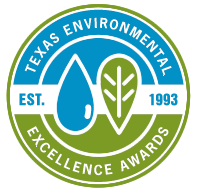 The US BCSD's
The US BCSD's  The mayor's offices of
The mayor's offices of 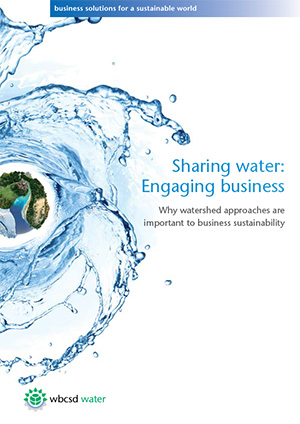
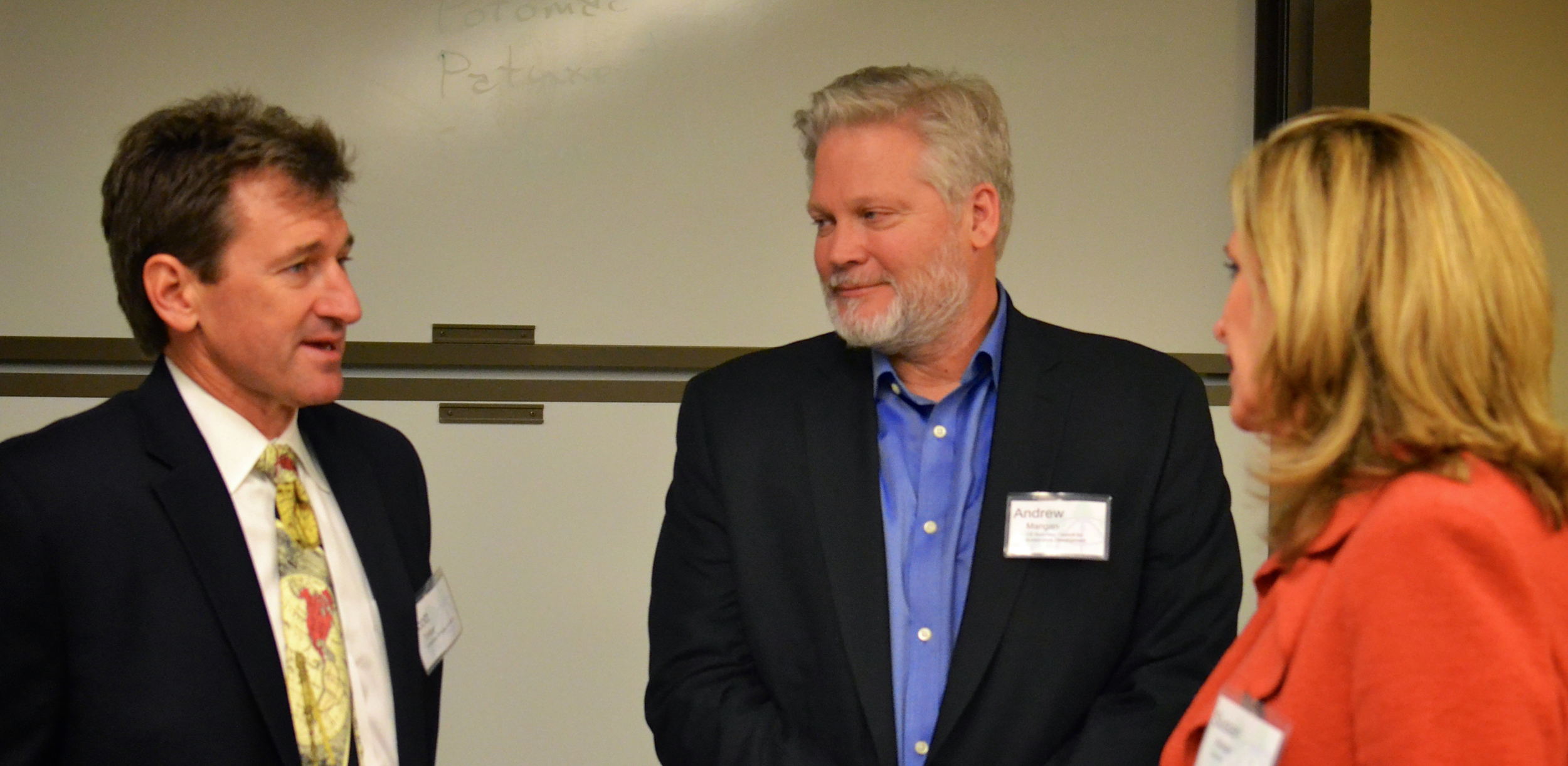 US BCSD members and other sustainability experts came from around the country to the University of Texas at Austin to grapple with the complexities of scaling up solutions to Vision 2050 through collaborative learning and real, actionable regional projects.
US BCSD members and other sustainability experts came from around the country to the University of Texas at Austin to grapple with the complexities of scaling up solutions to Vision 2050 through collaborative learning and real, actionable regional projects.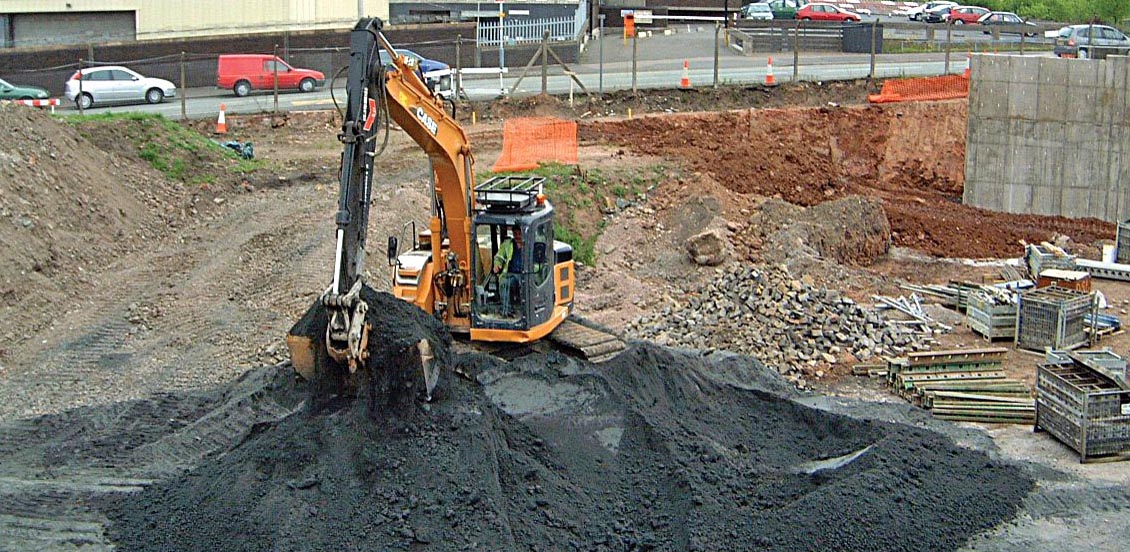
 Special thanks to all our members and colleagues who made the trip down to Austin, TX for our Winter Meeting 2013. Look for meeting notes and presentations to be posted later next week, and keep an eye out for specific follow-ups from our staff shortly.
Special thanks to all our members and colleagues who made the trip down to Austin, TX for our Winter Meeting 2013. Look for meeting notes and presentations to be posted later next week, and keep an eye out for specific follow-ups from our staff shortly.